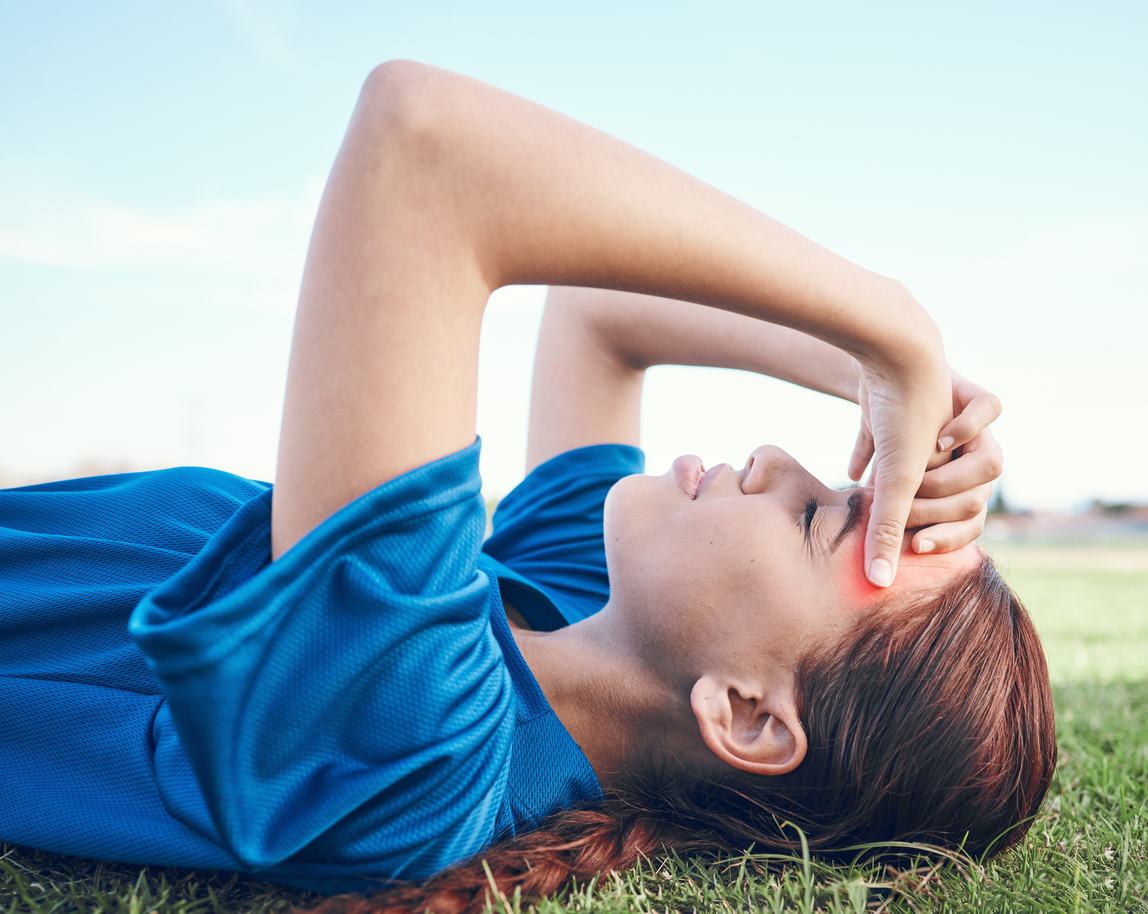
If your child is a student-athlete who is looking forward to tryouts or another season with the team, it is natural for you to be concerned. You may worry about their readiness and about what will happen when they start to practice and play. Fall sports like football, soccer, cross country, cheerleading, volleyball and field hockey – all due to begin in late July – can be taxing for even the most athletic youths.
Unfortunately, accidents and injuries are not uncommon during late-summer practices for fall sports. The Centers for Disease Control and Prevention (CDC), in fact, reports that emergency rooms treat more than 2.6 million children up to age 19 each year for sports and recreation injuries.
As fall sports camps and school practices start up in South Carolina, here are some guidelines for ensuring a safe and healthy season:
Get a Physical
As you probably know, the South Carolina High School League, which governs interscholastic athletic programs in our state, requires schools to have a current “pre-participation physical form” on file for each student-athlete. The real value of a sports physical is that it gives a doctor a good look at a young athlete’s general fitness, with a focus on cardiac (heart) and orthopedic (bone and muscle) health. It also allows a doctor to screen for conditions that could impair the child’s ability to safely participate in certain sports.
Know Your Coaches
No, your kid probably doesn’t want you hanging out at practice. Still, you should at least have contact information for coaches and others in charge of school athletic programs. It’s even better if you meet your child’s coaches. When they meet with you, they will recognize that you are involved with your child and concerned about who is looking out for the child’s welfare.
Review Hydration and Concussion Protocol
Dehydration can trigger heat-related illness that may be deadly. A concussion is a brain injury caused by a blow or jolt to the head. It requires the immediate removal of a young athlete from activity and the providing of prompt medical care. The National Federation of State High School Associations Sports Medicine Advisory Committee has provided member schools with recommendations for appropriate hydration before, during and after exercise. Additionally, South Carolina’s Student Athlete Concussions Law requires school districts to identify best practices and to create guidelines and procedures for concussion management, which the S.C. High School League models. Your student-athlete should receive handouts about these policies. You should review these handouts with him or her.
Know What to Expect to Hear
How badly does your child have to be hurt before someone will let you know? Under South Carolina law (S.C. Code Ann. § 59-63-55), any head or spinal injury or broken limb suffered by a student must be reported by the coach to the school principal, and the report becomes a part of the student’s school record. However, contacting the parents isn’t addressed. So, you should ask when you would be told that your child had been injured, and you should make sure the coach and other school officials have correct contact information for you.
Your student-athlete’s coaches and trainers have a legal duty to look out for your child’s safety and welfare during practice and competition. This includes the responsibility for ensuring that your child is fit and properly trained for the activity, wears protective gear and takes appropriate breaks. Your child also should not be significantly mismatched against larger children in contact sports.
If your child is seriously injured while participating in organized sports at school or a camp, you may have a right to compensation for your medical bills and other costs and losses. Joye Law Firm can investigate the accident that led to your child’s injury. If it should have been prevented, we can seek justice for you and your family. Call or reach us online today to learn more.






































